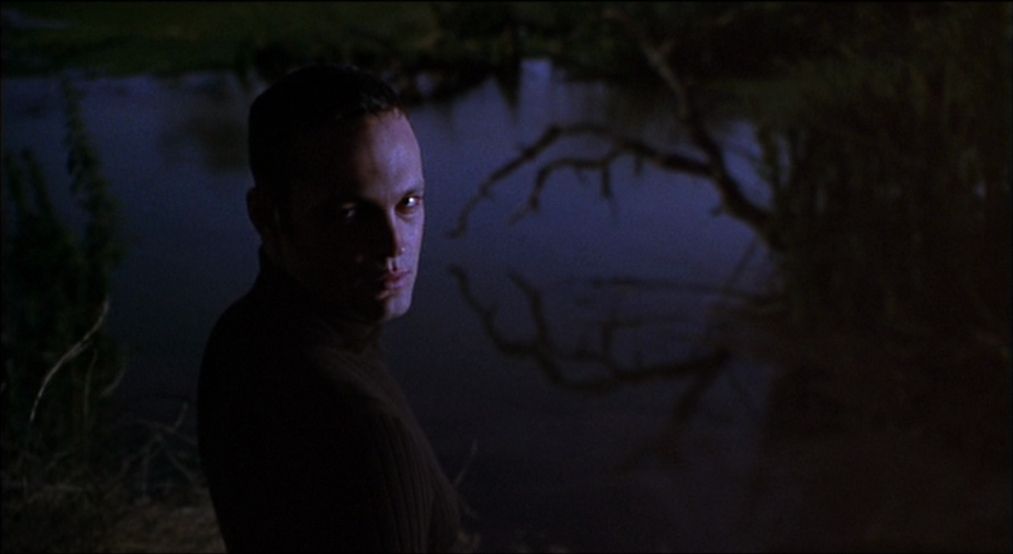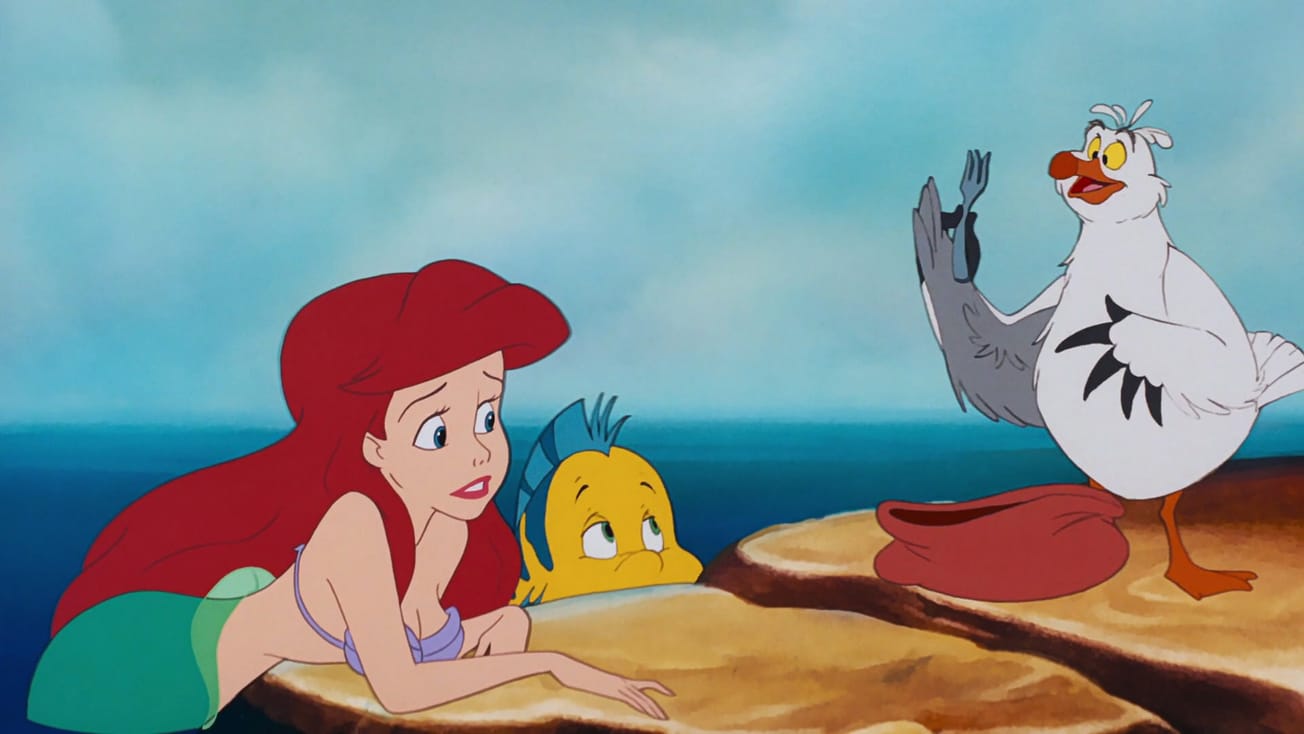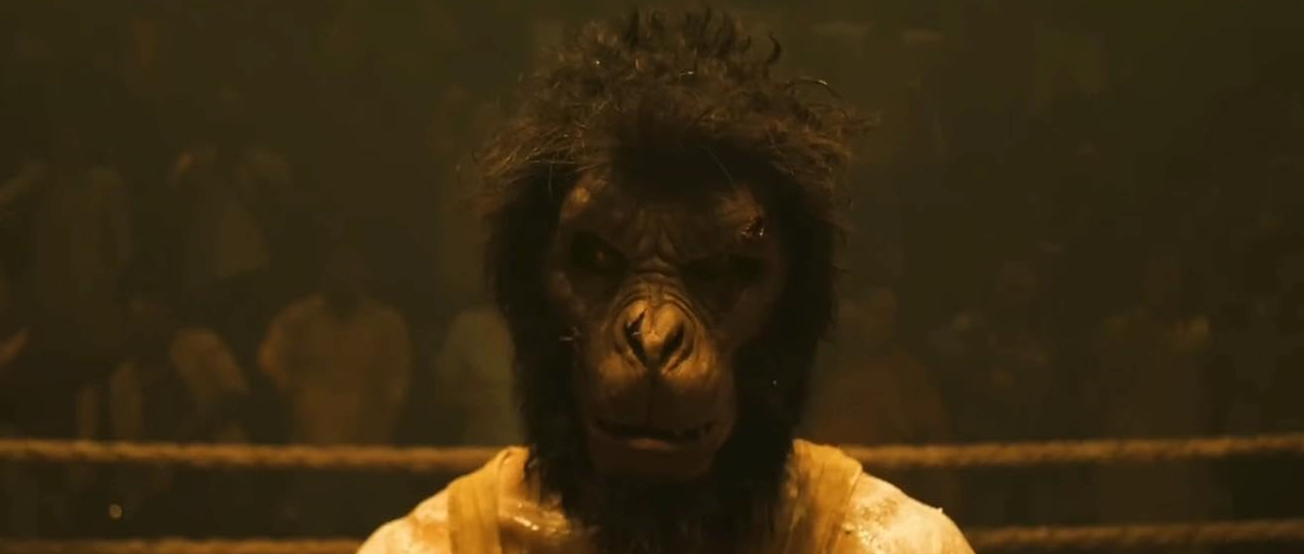By Flora Pick, First Year English
With a new year and a feast of new releases coming over the cinematic horizon, we return to a often-forgotten part of the film world: shot-for-shot remakes. Flora Pick asks whether they’re heartless cash-grabs or misunderstood artistic endeavours.
The film industry is fast and unforgiving. Properties enter and leave the system, by their exit thoroughly wrung out, with increasing speed. Despite his rousing appeal to American audiences, to expand their horizons to cinema further afield than English-speaking countries, to view subtitles as a potential aspect of the filmgoing experience, Bong Joon-Ho's black comedy Parasite (2019) is already surrounded by whisperings of a potential English-language remake, a departure from its native Korean.
Disney have cottoned onto the fact that they have been missing a trick in not making full use of the copyright they still hold, impending deadlines of their expiry providing the needed titillation, alongside the low risk-high reward financial incentive of remakes. As of now, the jury is still out on the long-term success of this endeavour.
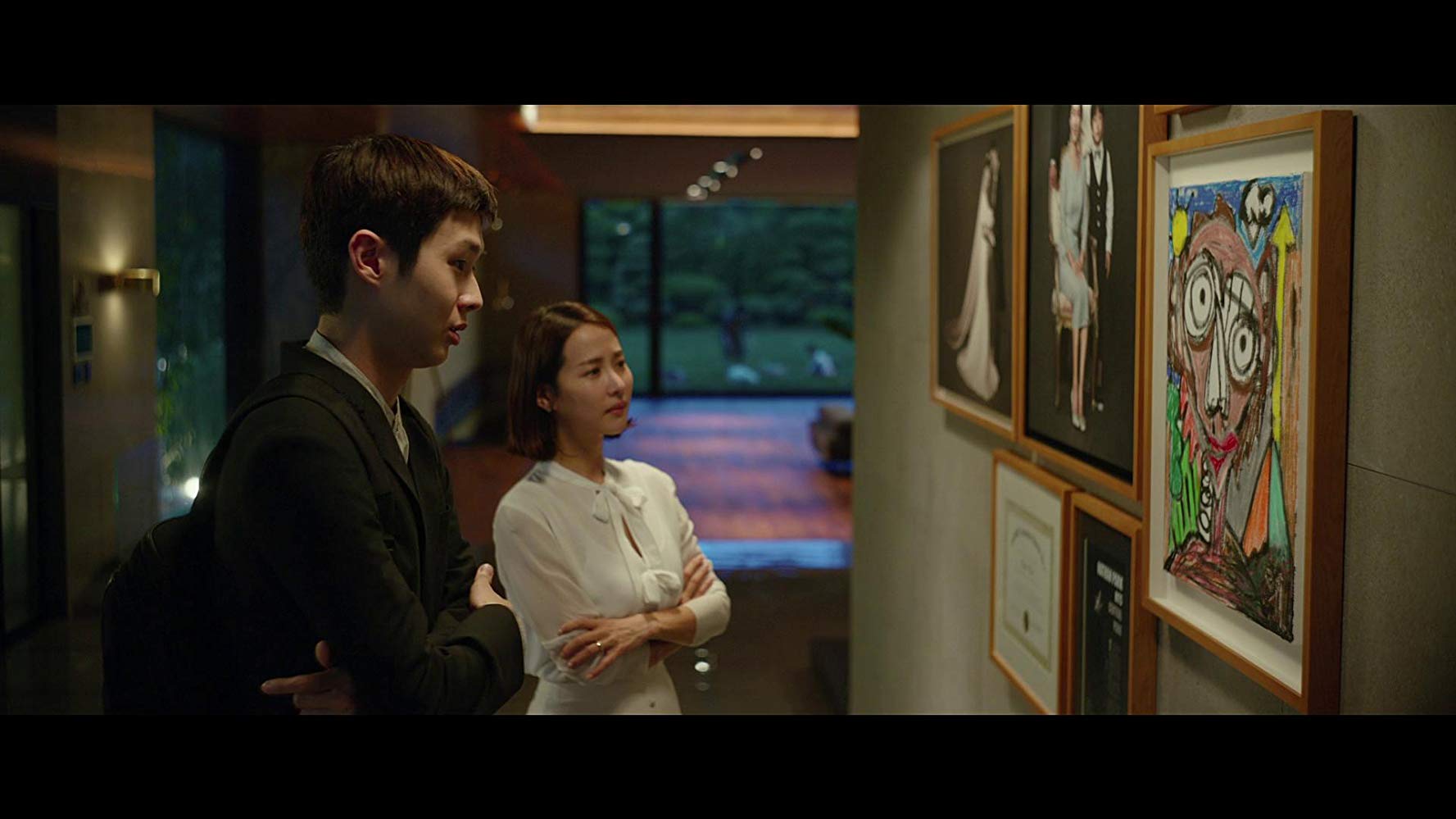
Despite handwringing at the complete divorce from any mention of originality and creativity, the company is undeniably making money, with little mind to what purists on Twitter have to say about it. Tactfully avoiding pulling too much of a Scorsese about it, even the current taste for 'cinematic universes' - filled with call-back ceaselessly piling upon self-referential call-back - have arguably, a touch of the 'remake' about them.
Yet, in the increasingly accelerationist landscape in which these films are made, there is a conspicuous lack of the contentious shot-for-shot remake. Almost a myth, there is evidence of only six of them, two of which are fan-made productions.
Yet, in the increasingly accelerationist landscape in which these films are made, there is a conspicuous lack of the contentious shot-for-shot remake
The most recent addition of Disney's not-live-action-but-we'd-love-you-to-think-so remake of the Lion King (1994) is in itself rather debatable, given director John Favreau’s own denial of the fact. Admittedly it's an easy enough mistake to make, again appealing to nostalgia in mirroring iconic moments; if it looks like a shot-for-shot remake and smells like a shot-for-shot remake...
Why French films still have that je ne sais quoi
So how to explain this absence? We need to first question the purpose of and value in the few existing shot-for-shot remakes, as well as the unavoidable baggage that the technique carries. Gus Van Sant, already holding the respect of both independent and mainstream film critics, given the success of My Own Private Idaho (1991) and Good Will Hunting (1997), was faced with critical panning upon the release of 1998's shot for shot remake of Hitchcock's 1960 classic thriller Psycho.

Much of the criticism landed upon Vince Vaughn's deeply unconvincing performance as Norman Bates, teetering on the edge of destruction. It's not that contemporary critics were unable to pick up on the potentially subversive nature of the operation, Van Sant's background as a key player in the development of New Queer Cinema inspiring hope for the project as a subversive finger to the impenetrability of classic cinema. The Guardian notes, however, that the end result was 'not the full-on 'queer Psycho' that Van Sant fans predicted, but [...] an extraordinary drag act.'
In retrospect, reframed as a critical investigation into the potential of shot-for-shot remakes, in which subtle shifts from an original may occur when reproducing the same shots from the same script -and, in this case, the same score. Obviously, brand recognition goes a long way, but allowing Van Sant's work to be framed as anything other than a soulless cash grab may allow for future projects to go a long way.
The potential for crossed wires in critical response, where touching already acclaimed properties pretty much epitomises 'selling out,' understandably may prove to be a pulsating poison dart of a warning beacon for any indie filmmakers picking up the baton for further investigation.
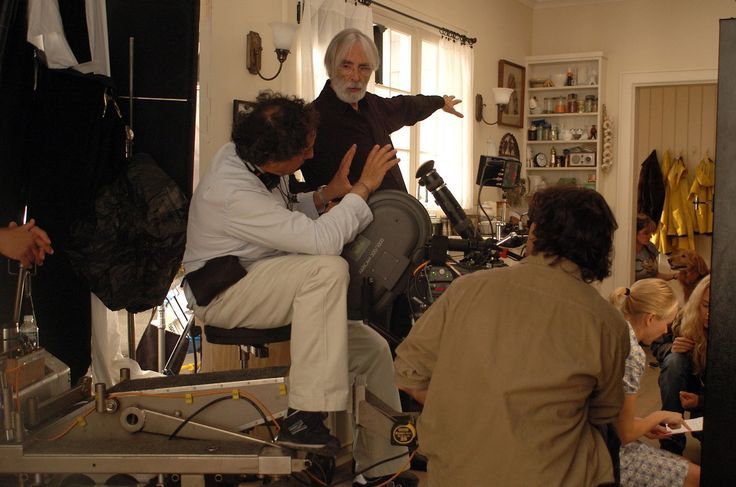
A more successful attempt at the shot-for-shot remake was undertaken by Michael Haneke in 2007, remaking his own work from 10 years prior, with Funny Games (1997). Haneke already possessed the upper hand, having already attained the required clout in being responsible for the original, thus finding himself in a wonderful position to scrutinise the technique's potential.
When it was originally produced in his native Austria, with an Austrian crew and cast speaking language, it read well enough as a response to the country's taste for the 'heimet' film genre, indulgent in idyllic portrayals of bourgeois models of success and peacefulness without hints of worldly issues.
Perhaps a reinvestigation into the potential of the shot-for-shot remake is a worthy cause, and is less of a cop out that it first appears
The sadistic cruelty of Funny Games' villain protagonists brings unexpected discord to this diorama. When, 10 years on, Haneke transposed his film for an American audience, there was an amplification of the response held by American critics of the original. They read the film as tongue-in-cheek polemic against audiences' consumption of hyper-violent horror, perfectly happy to break the fourth wall in order to make viewers complicit in its cruelty.
Novels that can’t or shouldn’t be adapted to films
Though Funny Games US' production went to painstaking lengths to replicate the original, down to a scale rebuild of the home shown throughout the film, as well as keeping with a translated version of the original script, its accessibility to an audience brought up with different media led to a vastly varying interpretation of its intent.
If we, as audiences, are going to be continually subjected, as the current film climate appears to indicate, to remakes, I argue it's time to branch out. Perhaps a reinvestigation into the potential of the shot-for-shot remake is a worthy cause, and is less of a cop out that it first appears.
Featured - IMDb / Universal
What remakes are you looking forward to this year? Let us know!

